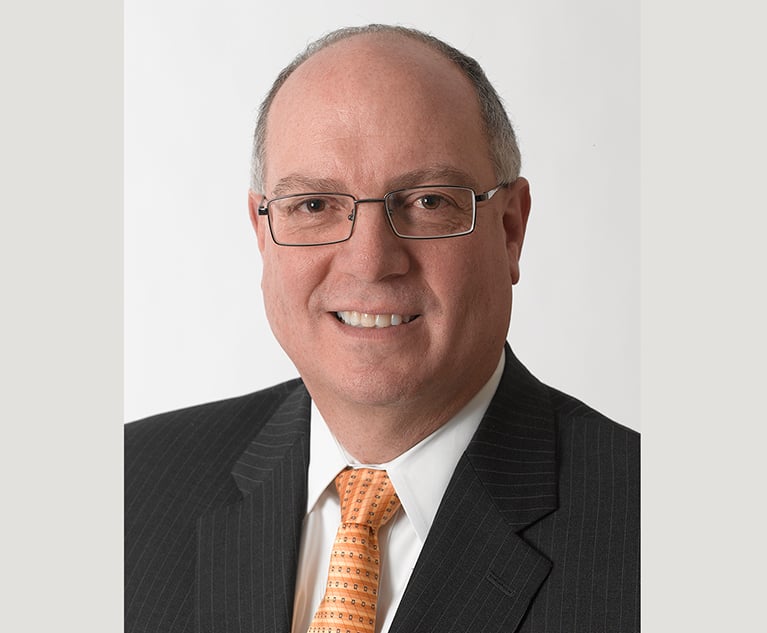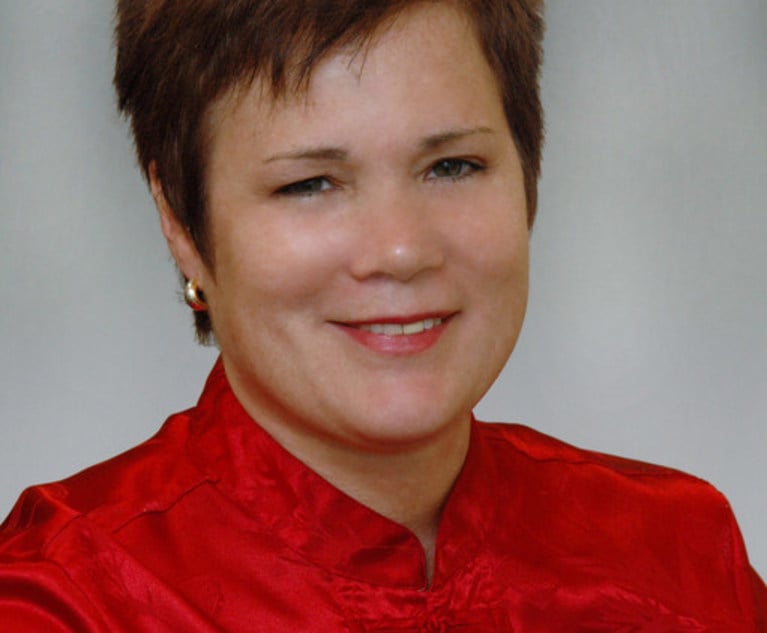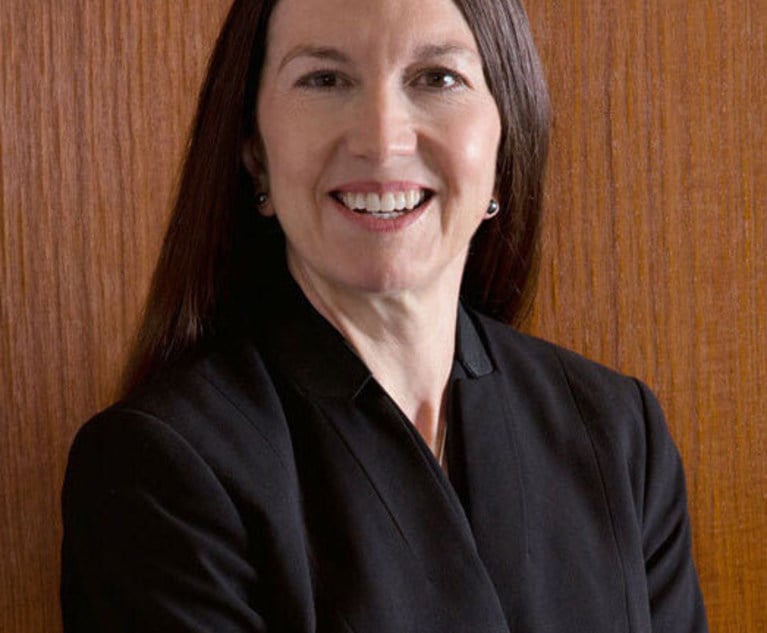The Advisory Committee on Judicial Ethics provides ethics advice to New York judges, justices and quasi-judicial officials about their own conduct. Several recent opinions by the advisory committee have considered whether judges may hear cases involving or potentially related to zoning and land use matters, or whether they must recuse themselves. These opinions provide an interesting reminder of the kinds of property and development issues that can arise on the local level.
The Standard
The rules governing judicial conduct make it clear that, among other things, a judge must always avoid even the appearance of impropriety (see 22 NYCRR 100.2) and must always act in a manner that promotes public confidence in the judiciary’s integrity and impartiality (see 22 NYCRR 100.2(A)). The rules are clear, therefore, that a judge must disqualify in any proceeding in which “the judge’s impartiality might reasonably be questioned” (22 NYCRR 100.3(E)(1)), including when the judge is an officer, director or trustee of a party (see 22 NYCRR 100.3(E)(1)(d)(ii)), has personal knowledge of disputed evidentiary facts concerning the proceeding (see 22 NYCRR 100.3(E)(1)(a)(ii)), has an interest that could be substantially affected by the proceeding (see 22 NYCRR 100.3(E)(1)(c)), or is likely to be a material witness in the proceeding (see 22 NYCRR 100.3(E)(1)(e)).


 Anthony S. Guardino
Anthony S. Guardino




